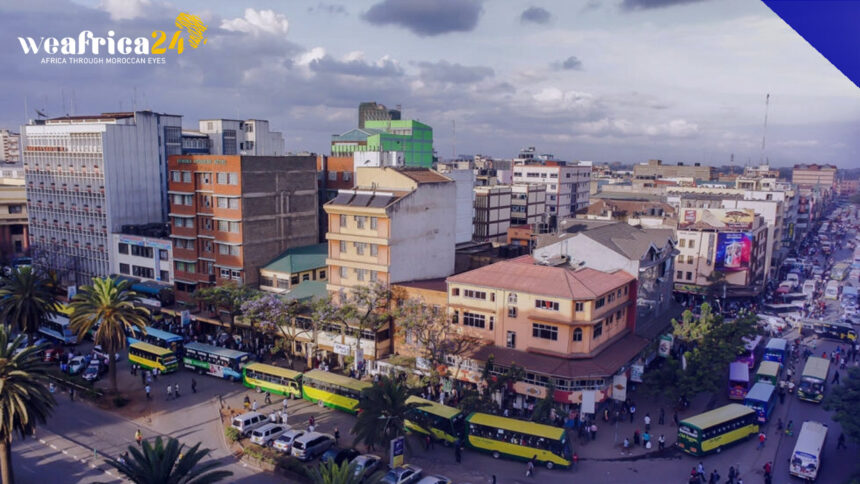As the African continent grapples with the dire consequences of climate change, a sense of urgency is driving the youth to demand concrete actions from the world, especially in the context of the upcoming COP28 in Dubai from November 30 to December 12. In Kenya, a striking example showcases the impact of drought and pollution, compelling activists to raise awareness and mobilize for change.
Kenya is currently experiencing the effects of El Niño, causing both drought and heavy rainfall. However, climate-related disruptions have plagued the East African nation for several years. Susan Sindani, 28, traces the turning point to 2015 when rains ceased in her hometown of Bungoma, disrupting once-fertile regions and affecting agriculture.
Susan, an expert in communication, actively engages in on-the-ground awareness campaigns and provides online educational content to inform the public. In June 2023, she was appointed by the Kenyan Ministry of Environment and Forestry to develop a national climate action plan.
“I have been directly affected by climate change. I now understand that I have a responsibility to play my role and encourage those around me to do the same,” says Susan. Based in Nairobi, she leads reforestation efforts to counteract the impact of deforestation.
Air Pollution and Traffic Congestion
Another pressing issue is air pollution, with the World Health Organization estimating that 20 million Kenyans suffer from respiratory problems. Susan notes that the proliferation of vehicles in Nairobi contributes to nasal congestion, exacerbated by El Niño-induced precipitation leading to traffic jams.
Annually, 19,000 Kenyans die due to poor air quality, a situation intensified by the massive importation of second-hand cars, often escaping regulatory scrutiny. Bérénice Bon, a researcher at the Institute of Research and Development, explains that there is a high demand for private cars, especially second-hand Japanese vehicles, which frequently evade legislation. She emphasizes the challenges in implementing standards and a lack of political follow-through on addressing the pollution issue.
“There is a certain ambiguity in the enforcement of standards. While political actors and Nairobi residents are aware of pollution levels in different neighborhoods through microsensors, the fragmented production of data and a lack of political action remain persistent problems,” says Bérénice Bon. The situation underscores the critical need for coordinated efforts and policy interventions to combat environmental challenges in Kenya.







